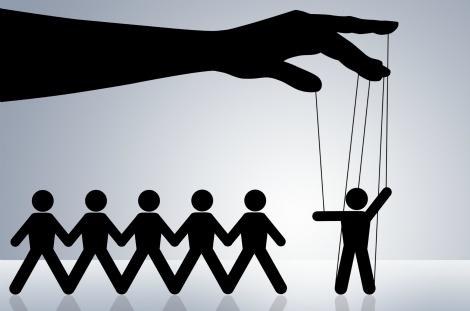
I struggle most of the time with writing articles because I constantly put pressure on myself to write the best article possible on the subject matter, and while this has been helpful in helping me write some well accepted articles, it’s a major drain of my creativity and happiness for the most part, because when I write something I’m not happy with, I beat myself up about it. So I have decided to just go with the flow on this article.
There are few thoughts you come across —and consciously or subconsciously accept — that changes who you are and how you view the world. The effects on you as a person is different depending upon what truth or idea you have just accepted into your core belief.
For me, one such idea is the much despised-but unavoidable truth that the idea that we have no control over how our lives will panned/will pan out in the end.
There are many people who would never agree with this, they find it hard to; “It’s my life, I am in control” they would say. But the cold reality is that we have no control over our lives, and I’ll tell you why.
To fully grasp this, we must first be willing to distinguish the “self” —who is consciously aware, the you who makes decisions— and the “other self” —who is pure sub-consciousness, the you you do not know.
Consider this analogy, the body is a computer (hardware), the operating system however is our minds because it essentially controls the body. Now imagine that in this operating system resides a portion that holds all our personal data — likes, dislikes, identity, etc. This portion is the self, it has some level of control over the system as a whole, but this control is based on authorizations/settings that has been granted to it by the operating system which holds all the information of our very existence and basically runs the show. The self in this case is just consciously aware of its existence in the system. This is not very accurate analogy as the full information in my head is a bit to complicated for the length of this article, but I think it helps drive my point for a home run!
The self’s control over the system and the world at large is limited to what the operating system has decided for it even before the realisation of the self (it has been proven that the sense of self develop after a few months on earth). Leaving this analogy behind, we can move forward.
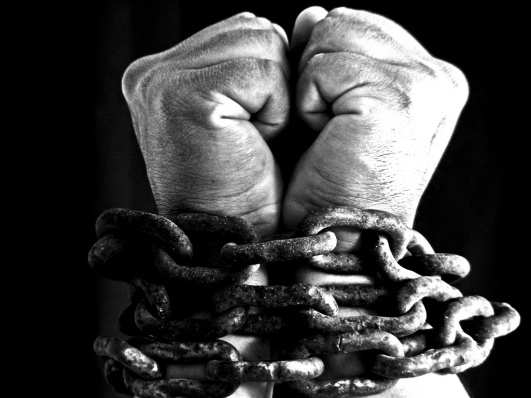
To really understand our total lack of control regarding the way our life has, is and will pan out, we only have to look in the mirror and pay attention to our features. Arguably one of the most important part about you (your looks) were totally out of your control and that of your parents’, it was just biology. Going deeper into this, just one event could have resulted in your not existing right now, maybe your mum and dad decided to Netflix but not chill, or your mum found your dad’s friend to be a more suitable match for her.
As is the case with the world now, where you are born and to which family you are born into decides 98% how your life will pan out, in almost every facet of life. The friends you keep, your religious belief, your future/present success. This most important driver of how our life will pan out is not in our country, never was and never will be for the trillions of humans that will exist after us.
Which is why when I see christians or Muslims saying believing so strongly in their respective faiths, I wonder if they realise just how different that believe would be if they were born to opposite families.

Furthermore, our talents —one of the few things we believe make us unique— are not down to our choosing, we just find them within ourselves. It was already encoded into our genes (for lack of a better phrase) before we even became conscious, much less when we became consciously aware. Add onto this list our likes and dislikes, the kind of people we are drawn to, the hobbies we have. We didn’t choose any of these things, these things were chosen for us, we just became aware of them.
The billionaire business man who hails his drive and determination as the reason why “he” made it and then looks down on others for not having the courage to take risks. This drive and determination he speaks of, how did he get it? Did he train himself to get it, or he already had it? And if he did train himself to get it, where did this desire come from? His environment? What he had seen or heard from someone? If yes, then he didn’t choose to see or hear these things, he already had a predisposition for them.
If Mark Zuckerberg was born in Nigeria, I bet the N109.00 (N9 during proof-reading. I bought credit) in my account that he doesn’t create Facebook, heck he doesn’t even know what coding is. The environment around him would have shaped his ambition, interests, friends. He’d probably be debating who is richer, Linda Ikeji or Wizkid.
I am in no way saying that you should give up trying to achieve whatever dream you have — hell, I have dreams of dominating the billboard charts with my music and taking home the much coveted grammys, and I’ve known this for over a year now. This reality — that you are not in control, you never were — is scary for some people to accept, but whether or not you choose to accept it, it is still there. Knowing this shouldn’t make you feel sad or helpless, rather it should let you see that much of your life is not entirely in your control so there is no need feeling regret and hating yourself, or beating yourself up for not achieving the goals you set out to achieve. No, this should however help you realise that what will be will be and your one aim in life should be to be happy.
If you’d like to have a discussion about this article, or life in general, don’t be shy to post in the comments section below, or send me a DM (direct message) on twitter @gillianbaci.


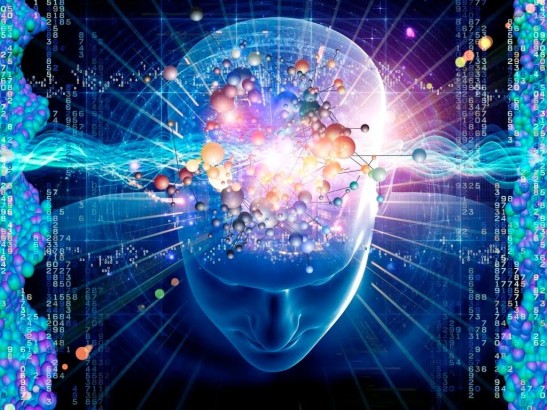

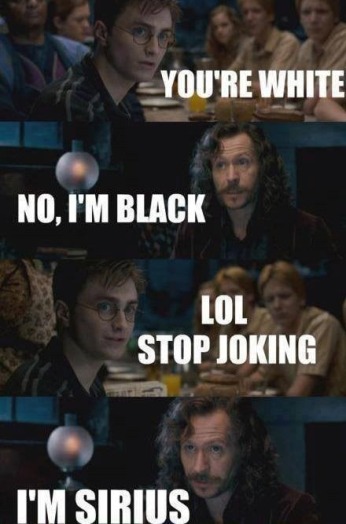


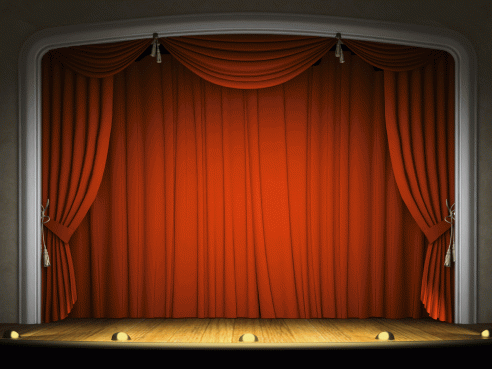
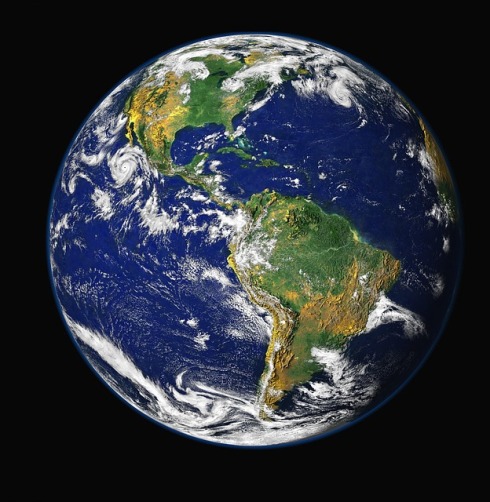
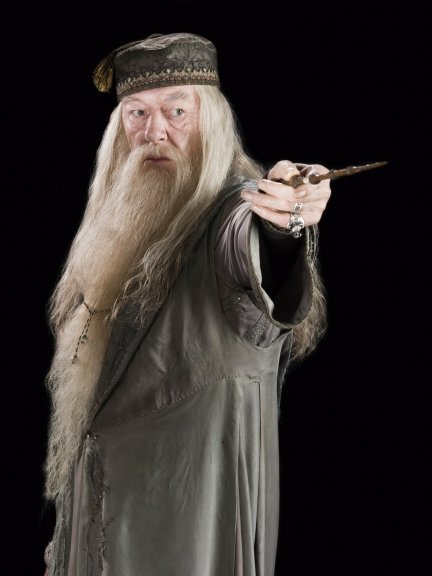
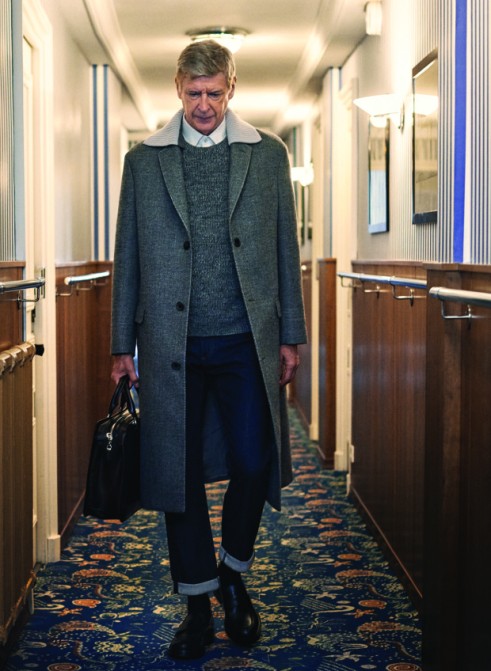

 Escape to freedom
Escape to freedom